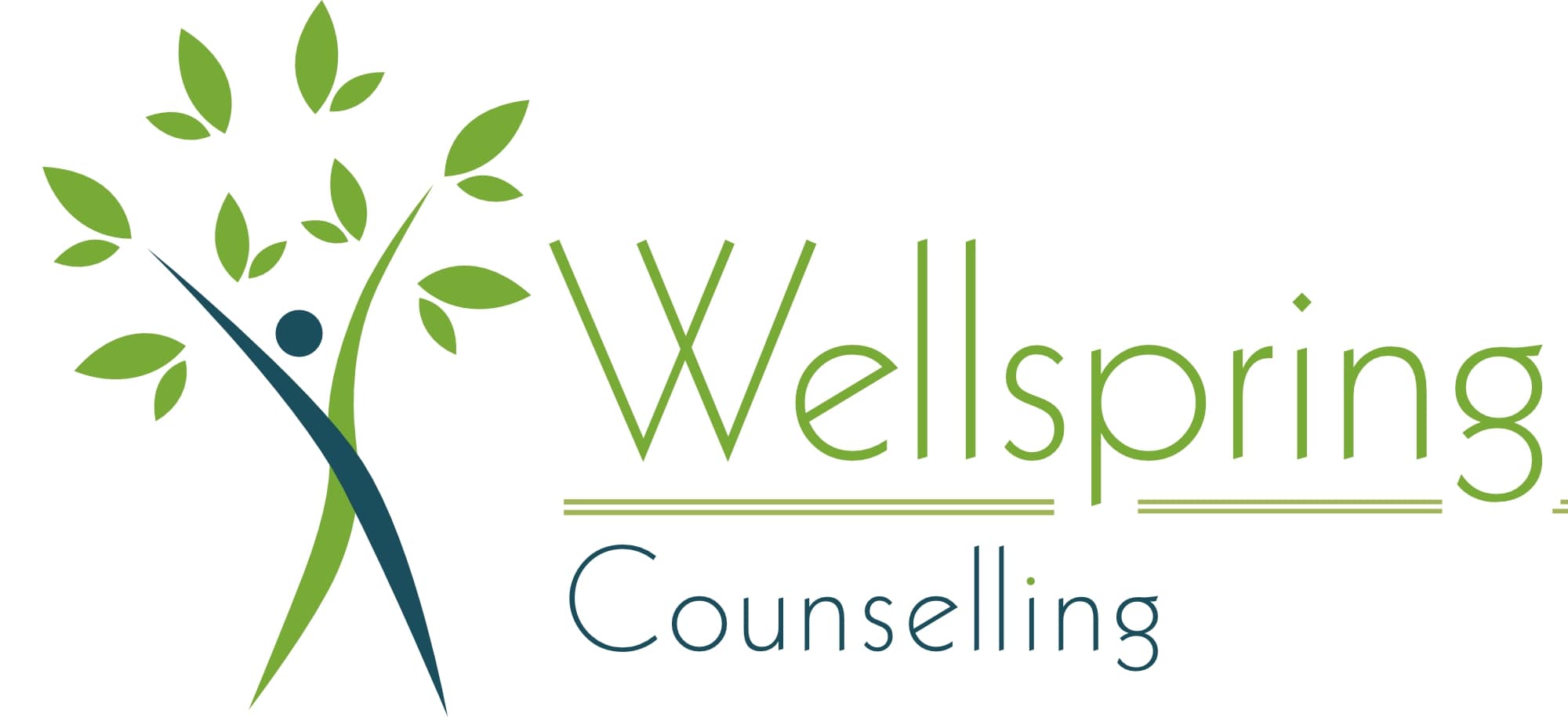After providing in-person therapy for many years, I began my online counselling BC practice during COVID-19. At the outset of focusing on online therapy, I was curious about whether it would have the same impact as in-person therapy. As I have addressed in my other post, “Is Online Therapy Better Than In Person?”, I describe how it is indeed as effective, if not more so. To summarize this article, online therapy has the same effectiveness as in-person counselling because all of the same essential conditions for psychotherapy are met in online counselling. Only medical physicians need to be in-person because physical contact is needed. Psychotherapy does not require physical contact. Why would you need to be in-person for psychotherapy then if contact is not needed? Online therapy can still be experiential and connection is still just as strong.
Having addressed the effectiveness question, the next task is how to find the right online counsellor for you. It is worth noting that the difference between counselling and psychotherapy was also described in the post mentioned earlier. To summarize the answer, nowadays counselling and psychotherapy are the same, even though historically, counselling was short-term and focused on problem-solving; whereas psychotherapy was longer-term and focused on the past and is more in-depth. Currently psychotherapy and counselling are the same in practice, and are
interchangeable terms.
Advanced Training for Online Counselling
Without further adieu, how the heck do you find the right counsellor, let alone the best online counsellor for you? There are about 7000 Registered Clinical Counsellors in BC, and most provide online counselling too. Yes, you read that correctly – seven thousand counsellors – just in British Columbia. That is an overwhelming number. Most clients play a ‘virtual’ (pun intended) “pin the tail on a donkey” to find a counsellor and randomly choose one because there are so many with no readily available way to tell the difference between a good and bad counsellor – and also one they will have chemistry with.
Most graduate programs that counsellors complete do not have advanced training that makes them an expert in a particular therapy. Sure, they may have had some experience in practicum and internships, but most are not a veritable expert in a particular therapy. Even if some are, one therapy is usually insufficient because an integration of therapies is usually needed to be able to address all the domains of the person’s experience and functioning (i.e., cognitive, behavioural, emotional, relational, etc.). It can also take time for a therapist to learn and grow as a practitioner. Each therapy tends to focus on one or two domains. The therapist’s philosophy of mind (how they understand the psyche) informs how they deliver therapy as well – no matter whether they focus on one therapy or have an integrative approach.
As such, it is important to 1. Find out how many years the therapist has been practising. If you are addressing trauma or severe mental health challenges, an experienced therapist is important. And, 2. What training have they received (if any) after grad school?
The Change Process in Online Therapy
You may hear some therapists say that they do not need training because it is the therapeutic relationship that is the curative factor. While the therapeutic relationship is necessary, it is not sufficient in and of itself. The reason is because the people come to therapy because of emotional turmoil. This turmoil often stems from past experiences. These experiences stick in a type of emotional memory called “implicit memory”, causing automatic emotional interpretations and expectations (i.e., emotional turmoil) to arise.
If a therapist does not know how to change implicit memory, then the client will end up talking about their problems forever without actually resolving them. The emotional support from the counsellor may feel good temporarily while in the presence of the counsellor, but will not lead to visceral change. However, the attachment bond that forms can be helpful if the primary issue is attachment-related.
The Importance of the Therapeutic Relationship in Online Counselling
The next factor to consider is chemistry with the therapist. As stated earlier, the relationship is essential, but not sufficient in and of itself. The strong therapeutic relationship allows vulnerability and expression of the turmoil, and the facilitation of new ways of thinking, feeling, relating, and being. Without a trusting and strong therapeutic relationship, clients will not be open and receptive to exploring, expressing, and forming new ways of being with the therapist.
Choosing the Right Therapist
In summary, when searching for an online or in-person therapist, ask how many years they have been in practice, what advanced training they have after grad school, what they think the mechanisms of change are in therapy; and lastly, ask for a free consultation so you can get a sense of whether you like and feel comfortable with the therapist so that the conditions are there for exploration, expression, and transformation.
If you would like to explore these questions with one of our Registered Clinical Counsellors at Wellspring Counselling Inc., we would be happy to give a free 10-min consultation. All the best in your psychotherapy journey!




